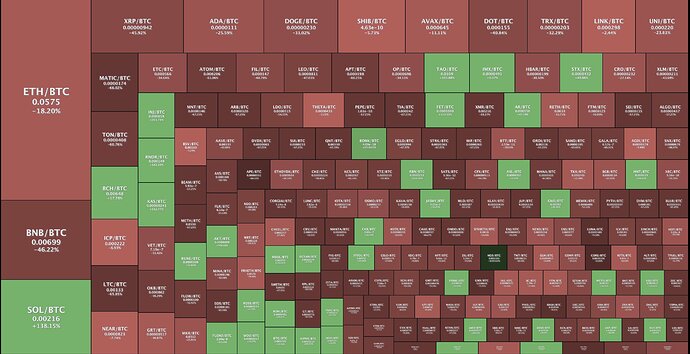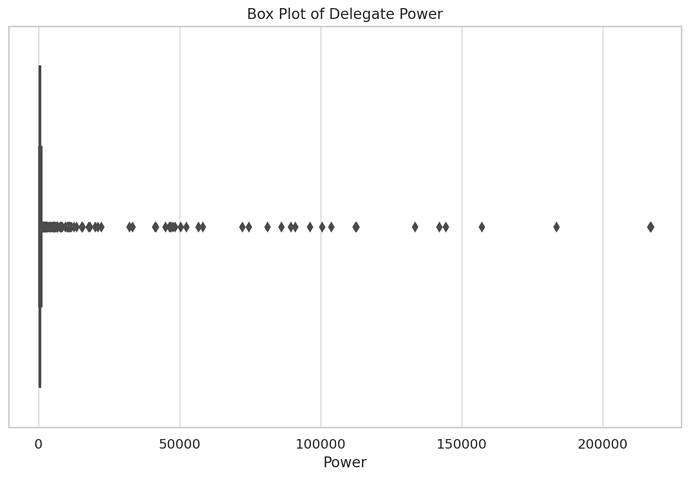This is a new version based on feedback from the previous proposal. The goals of the proposal remain the same:
- Combat voter apathy.
- Increase decentralization of power responsibly.
- Create more aligned third parties with the ENS ecosystem.
- Combat stagnation of voting power.
In the last proposal, main issues were the fact that metagov stewards making decisions on any ENS allocation would always be subject to further scrutiny and criticism, and that there’s a big difference in governance voting power and ens market value. This updated version attempts to address this.
But here, instead of approaching a global grant of ENS votes to multiple parties, I propose to break down the vote in two parts, “skin in the game ENS matching” and “inertial delegated voting power”
ENS Matching
The goal would be to get more alignment with third parties that have contributed to the DAO in any way, to grant them a long term investment with ENS.
Every year, in a given date (I would suggest doing at the end of Q2 every year) Metagov stewards would analyze all monetary transfers out of the DAO of ETH and USDC. That would include all transfers made from the main DAO wallet, but also Working Groups multisigs, ENS small grants program, etc. Then for every $1 the account received (accounting for the value at time of transaction) Metagov would grant them a matching $1 in ENS (valued at the time it would be granted). That value would be put in a vesting contract of a stream of a total 3 year duration plus 1 year cliff, with immediate delegated voting power.
Current term 5 steward would not be included in this comp, but this would also replace the ENS comp starting term 6. Funds coming in and out of the endowment also do not count towards the matching grants.
The goal here is that the recipients would not be selected by Metagov stewards, instead we would be assuming that any funds distributed by the DAO had already passed a high criteria, either by a grant committee, a DAO vote or an RFP, so were deserving. This would mean that all entities who have already been selected by the DAO would get a matching ENS donation that would give them skin in the game. We would also expect that if this is normalized, it would alter the candidate pool of any person or entity providing service to ENS, as they could charge less expecting that they would also be compensated with a “bonus”.
Once granted, only the DAO would have direct control over these vested tokens and any change would require an executable proposal.
Inertial Delegated votes
All persons who are considered representative of the DAO (in principle stewards but this could be expanded to include others, like service providers) would be delegated an immediate 50k ENS in delegated voting power. They would NOT have access to the underlying tokens, but only have the votes.
These would take effect immediately when their term started, but only end 3 years after their term ended. This “inertia” would mean that past stewards (and other representatives) would still have a voice in DAO decisions if they wanted, creating a continuity of policy. These delegations would be cumulative (but naturally limited to 3 years) meaning that a Steward that is reelected is given another 50k in delegated votes and could accumulate up to 150k ENS in voting power. This policy would also be combined with a stronger bylaw preventing stewards on voting for themselves in Steward elections, to make sure that this would not give them an unfair advantage to reelect themselves.
Only the DAO would have control over these delegated powers and any change would require an executable proposal.
Summary
The inertial part is important to create a sense of continuity that will help the DAO acknowledge and honor past decisions. It’s set in terms of ENS value but since the tokens are not controlled, then it would not be take in consideration token value but rather actual vote power. On the other hand, the ENS matching would indeed consider token value at the time of the grant, but vested over a long time, meaning that anyone who participates with ENS is given a long term alignment with the DAO and can accumulate a voice.



